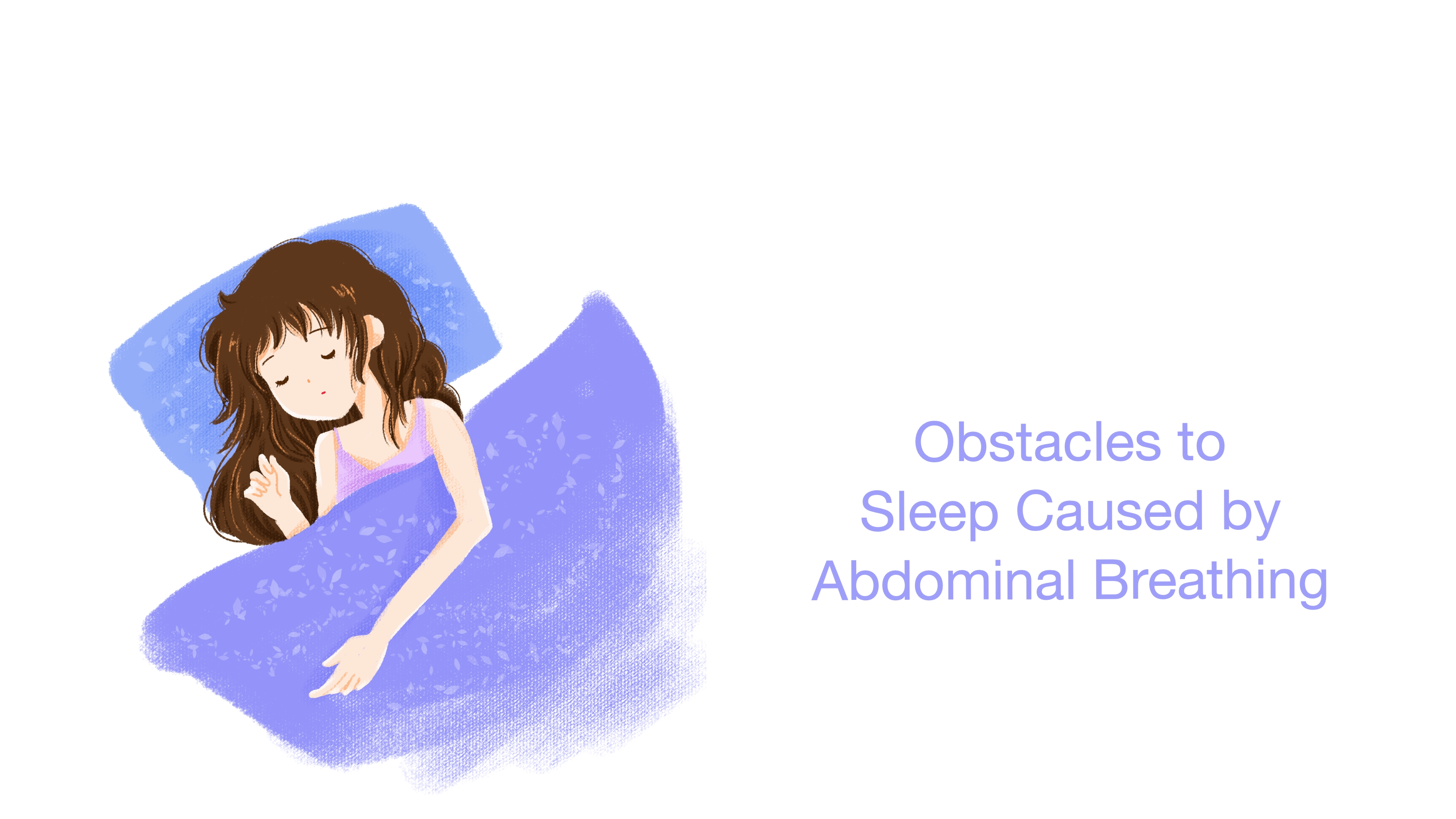
Obstacles to Sleep Caused by Abdominal Breathing
2 years ago By Yogi AnoopObstacles to Sleep Caused by Abdominal Breathing
Sometimes, practicing abdominal breathing before sleep can lead to difficulties. This problem is particularly prominent among those who engage in intense abdominal breathing exercises. Intense abdominal breathing refers to hyperactive pranayama, where the breath is forcefully controlled. Due to the heightened mental state, the practice of pranayama activates the Pingala Nadi, causing an increase in acidity. As a result, individuals may experience heaviness in the head and an exacerbation of issues such as reflux.
I have observed that in some individuals, practicing abdominal breathing before sleep causes restlessness rather than inducing sleep. The mind becomes active and alert, making it difficult for them to fall asleep for hours. This is more prevalent in individuals with excessive acidity.
The following factors are being considered as possible causes:
Physical discomfort: Some individuals find it uncomfortable to engage in abdominal breathing due to back pain, pregnancy, acid reflux, or respiratory problems. In such cases, alternative breathing techniques or adjustments in body position may be more suitable.
Mental stimulation: Abdominal breathing is usually used to calm and empty the mind. However, for some individuals experiencing increased worry or mental stimulation, it may be difficult for them to experience the desired effects of the technique before sleep.
Time constraints: Some individuals have limited time before sleep and find it challenging to engage in a long breathing exercise. Typically, I recommend practicing abdominal breathing for around eleven minutes. However, prolonged practice and excessive effort can lead to mental tension, which can disrupt sleep. It is important to incorporate mental relaxation techniques into pranayama.
Personal freedom: It is not possible for others to fully understand an individual's nature. Therefore, after reaching a certain stage, a guru or mentor gives the disciple or patient the freedom to choose what resonates with their inner self. If abdominal breathing does not provide a proper experience of inner awareness, it should be discontinued in favor of other cautious or devotional practices. Alternatively, one can seek guidance from their guru for further discussion and decision-making.
In summary, although abdominal and abdominal breathing techniques are generally considered beneficial before sleep, my personal experience suggests that they may not be optimal for everyone. This is due to factors such as physical discomfort, mental stimulation, time constraints, and the need for personal freedom. I have found that abdominal and abdominal breathing are the most beneficial as they help control gas and related problems.
Recent Blog
Copyright - by Yogi Anoop Academy
